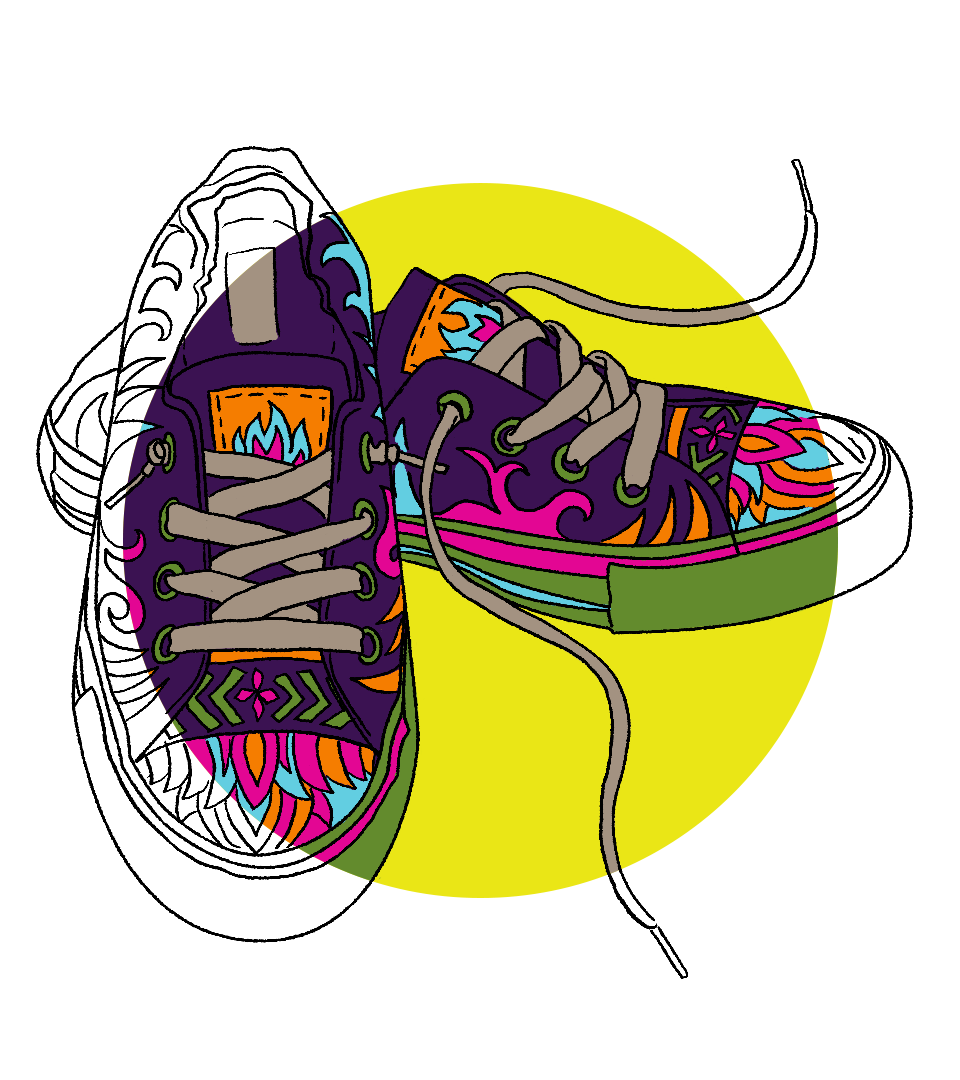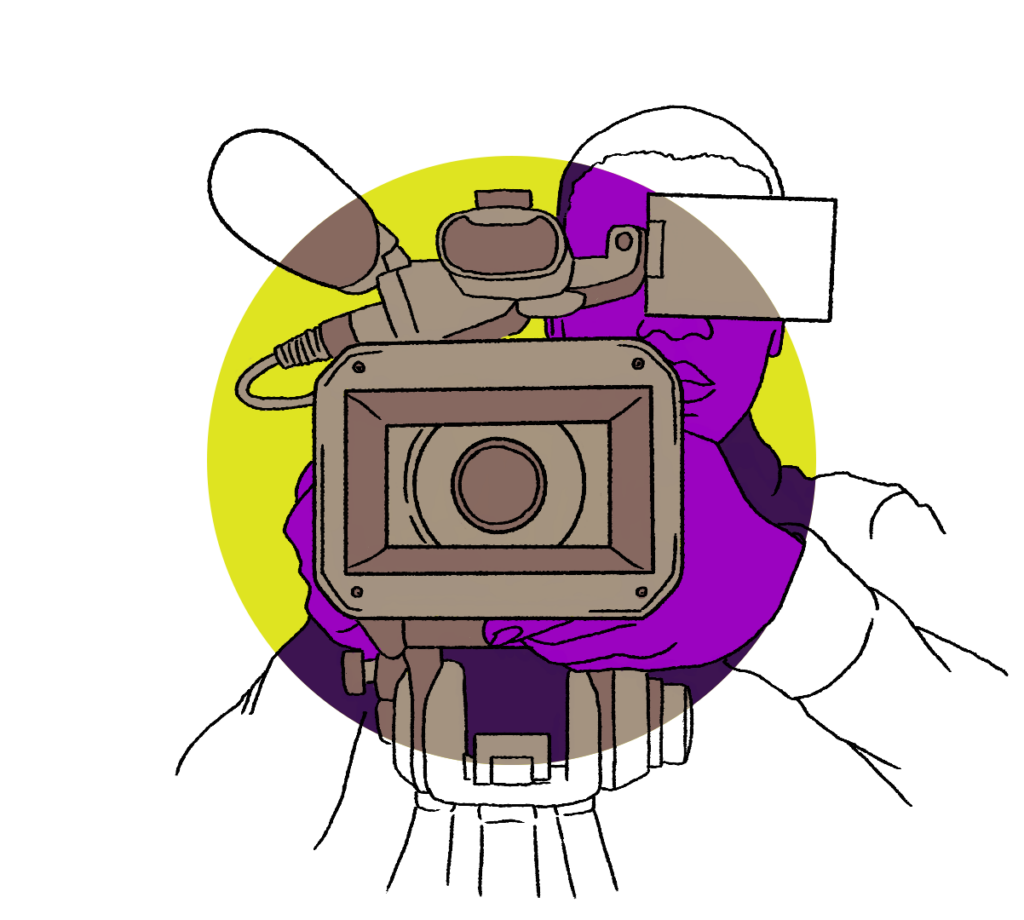Impact investing needs to be people-first and race and gender equal. A brand development and early investment accelerator for the luxury sector provides a model.
Saying this isn’t easy, but it’s necessary. I’m not uneasy because I’m unsure about what to say, but because it shouldn’t have to be said. Truth be told, we’re at such a critical inflection point in time, with such a magnitude of risk, that we must be clear eyed, determined and steadfast not just to create change but to do so with a democratic approach that benefits all, not just a privileged few. It’s this vision that drives us collectively and which sits at the core of who we are and what we do at Frallain. It’s a vision that manifests as a central and unifying belief that impact investing and the commitment to sustainable creativity cannot just be imperatives designed to unlock economic growth, but must be inextricably tied to the need for parity and equality of opportunity in the global marketplace. The significant and critical risk is that our well-intentioned efforts end up creating environments where impact resources target creative industries but forget the people in those industries who’ve traditionally been marginalised, strategically sidelined and, in many cases, ignored.
The socioeconomic constructs of most first world nations have slowly shifted in recognition of the idea that the most advantageous way forward in the human journey is to expand the field of opportunity for industries that can more efficiently contribute to the global economy. As digital platforms and tools continue to empower and connect people and ideas, the boundless optimism and innovation of creatives the world over has allowed them to write amazing success stories even when faced with impossible, dream-killing obstacles. Who better to support and enable in this new evolution than those who have, to date, done so much with so little?
These realities are challenging enough – but in an industry with a seemingly inured inability to reconcile the concept of ‘luxury’ with designers of colour, they create an environment of almost hermetically sealed marginalisation
It remains a fallacy that dedicated investment in growth sectors enables equitable growth. Now, we have a chance (and, I’d argue, a mandate) to craft and fund better pathways toward inclusive discovery and support mechanisms for creatives and brands that accurately reflect the palette of the global population.
This sensitivity for the nurturing of human creative capital is the reason why our specific niche at Frallain is to find, support, grow and empower emerging luxury fashion brands helmed by creatives of colour from Africa, India, Asia, the Middle East and their diasporas. For many of these designers, sustainability – working efficiently, ethically and responsibly – has long been at the core of their brands. Not only because these are their intrinsic values, but also because a clean, fair and renewable relationship between themselves as producers and the resources they use is a necessary component of growing a small business in challenging environments.
Linn Lunn Hla Myaing (aka Khit Bhone Thit), a former freedom fighter from Myanmar turned luxury streetwear designer, is a perfect example. Crafted using a rich fusion of Burmese culture and religious iconography, each piece in his collections is both a celebration of culture and a statement of anti-racism and hope for unity among a global population. In turn, his brand has created a self-sustaining ecosystem of ethically conscious suppliers and creatives in Myanmar, who collaboratively develop each collection and spread the message behind it to the youth of a nation who, otherwise, feel hopeless. The major challenge for Khit and other designers is to find scalable pathways to revenue and to be able to offer competitively priced products without being reliant on unsustainable mass production mechanisms.

Photo credit: Hygh Hope
It’s in this space that impact investing becomes not just important but critical. In a hyper-competitive business landscape, being able to achieve greater efficiencies while competing against more recognised brands with slower conversion cycles but larger market shares adds another barrier to success. Couple this with even slower shifts towards racial and gender parity and any David-like brand faces daunting Goliath-sized obstacles. It’s a troubling and virulent industry undercurrent: as exceptionally talented designers craft luxury quality goods in ethically conscious ways, the higher development costs that result from observing sustainability practices mean they cannot price goods at viable price points for retailers and their customers.
By themselves, these realities are challenging enough – but in an industry with a seemingly inured inability to reconcile the concept of ‘luxury’ with designers of colour, they create an environment of almost hermetically sealed marginalisation. Our challenge, then, is to develop and perpetuate democratic access to impact resources that foster better competition internationally, while delivering ‘proof of concept’ examples in the market that shift consumer perception and accelerate adoption of sustainably produced goods.

Photo credit: Hygh Hope
This is why we’ve created strategic partnerships with like-minded but non-traditional entities such as the music industry. Solidly embracing the need for more responsible development and environmental engagement, our relationships with major labels in the US and Africa leverage and coalesce the assets of both industries to achieve competitive scales of sourcing, development, marketing, sales and market share that, otherwise, would be extremely difficult for designers to achieve. Pairing the creatively rich and environmentally responsible development practices of designer talents with artists who identify with that ethos creates a powerful pathway to change, while providing amplified platforms that enable brands to grow.

Photo credit: Hygh Hope
None of this matters, however, if the desire for evolved industry supersedes the ethical responsibility to address the needs of the individuals. How and why we seek to usher in and ingrain better business practices should be guided by an understanding that the goals we seek to achieve are but beneficial by-products of a commitment to empower and sustain the creatives at the core of the industry itself. A people-first, race- and gender-equal approach providing access to investment and resources will deliver parity as we implement the sustainable practices we envision as our future. Let’s not miss this opportunity. If we do, we may not have another.








